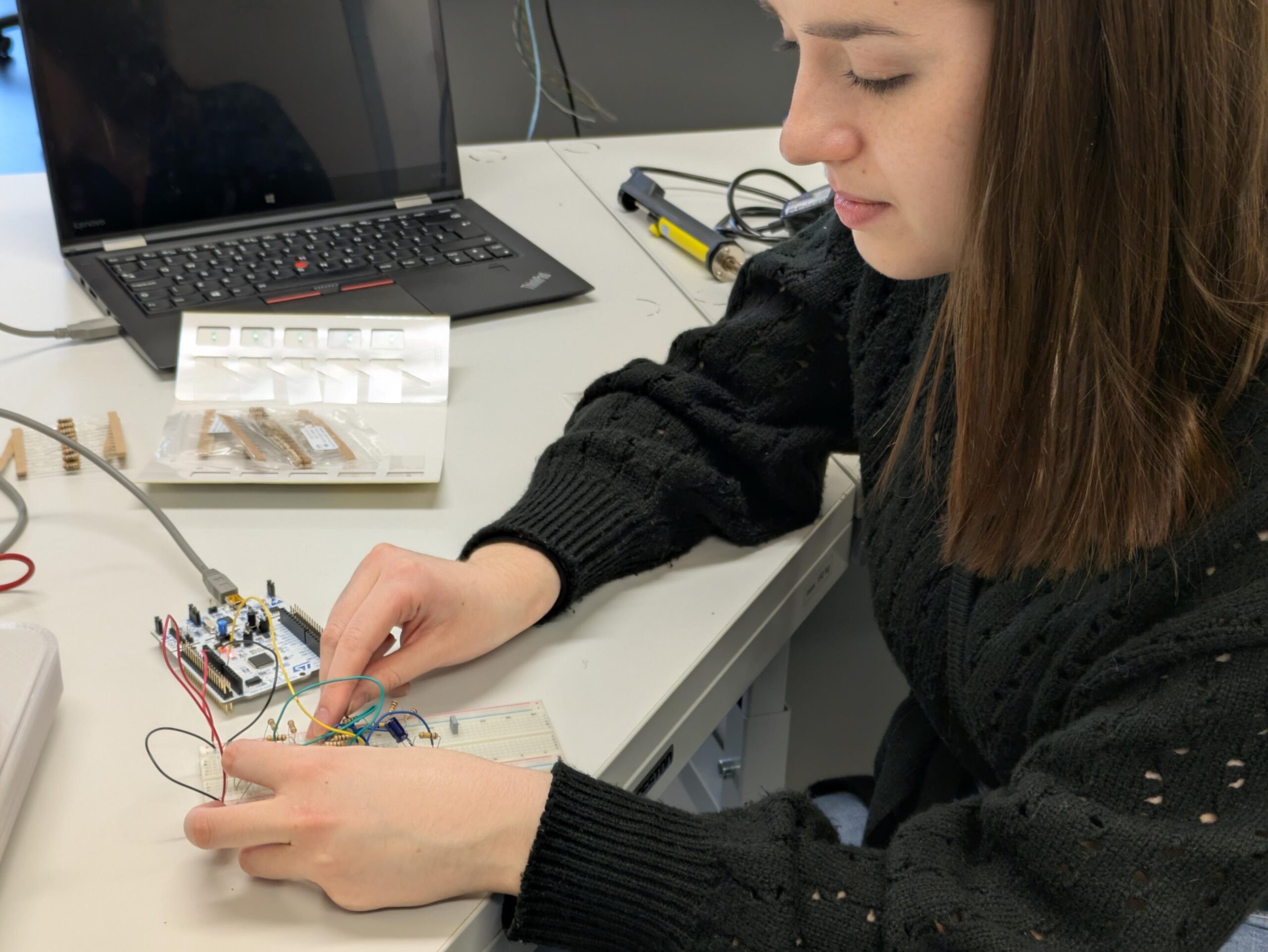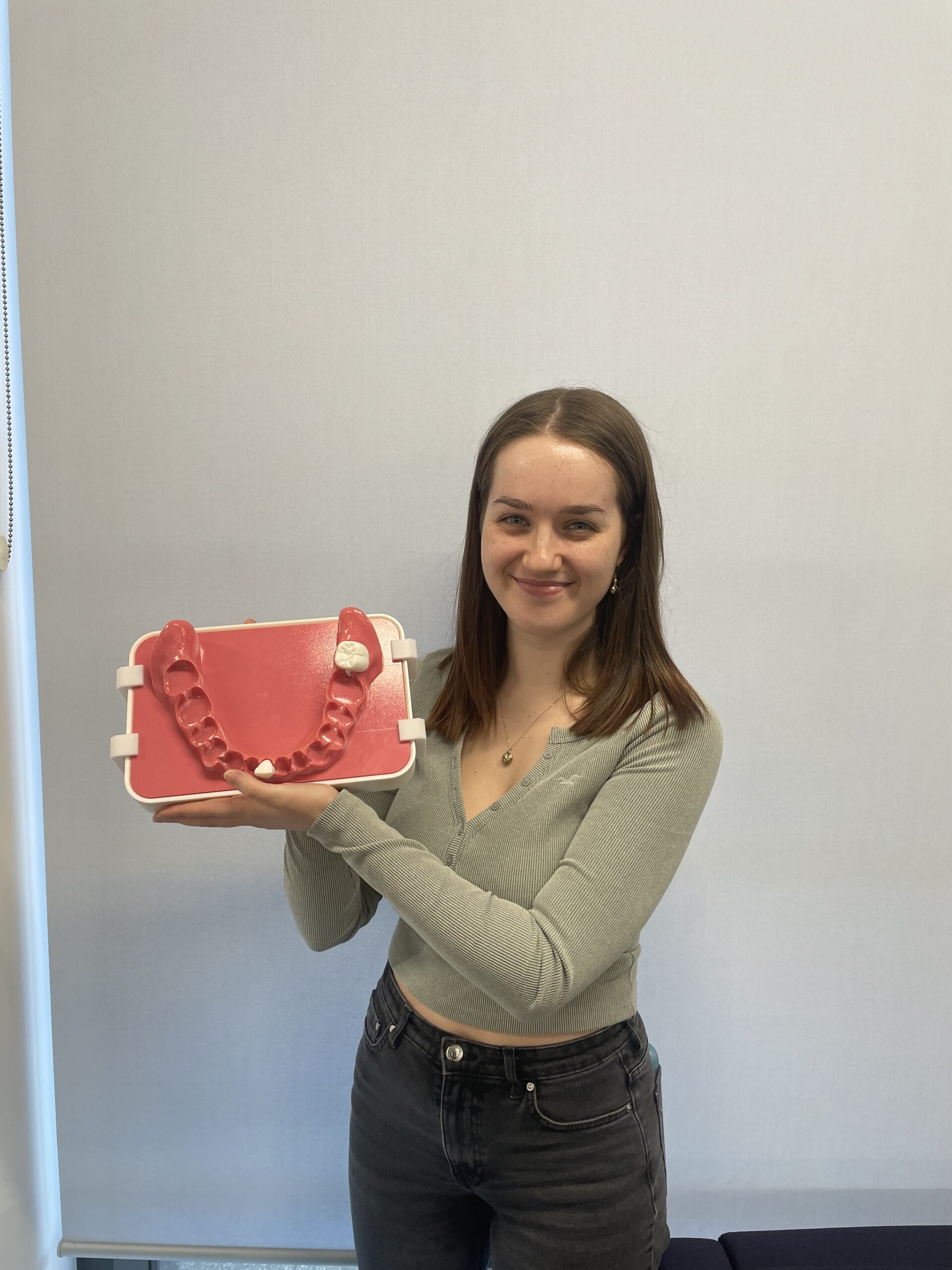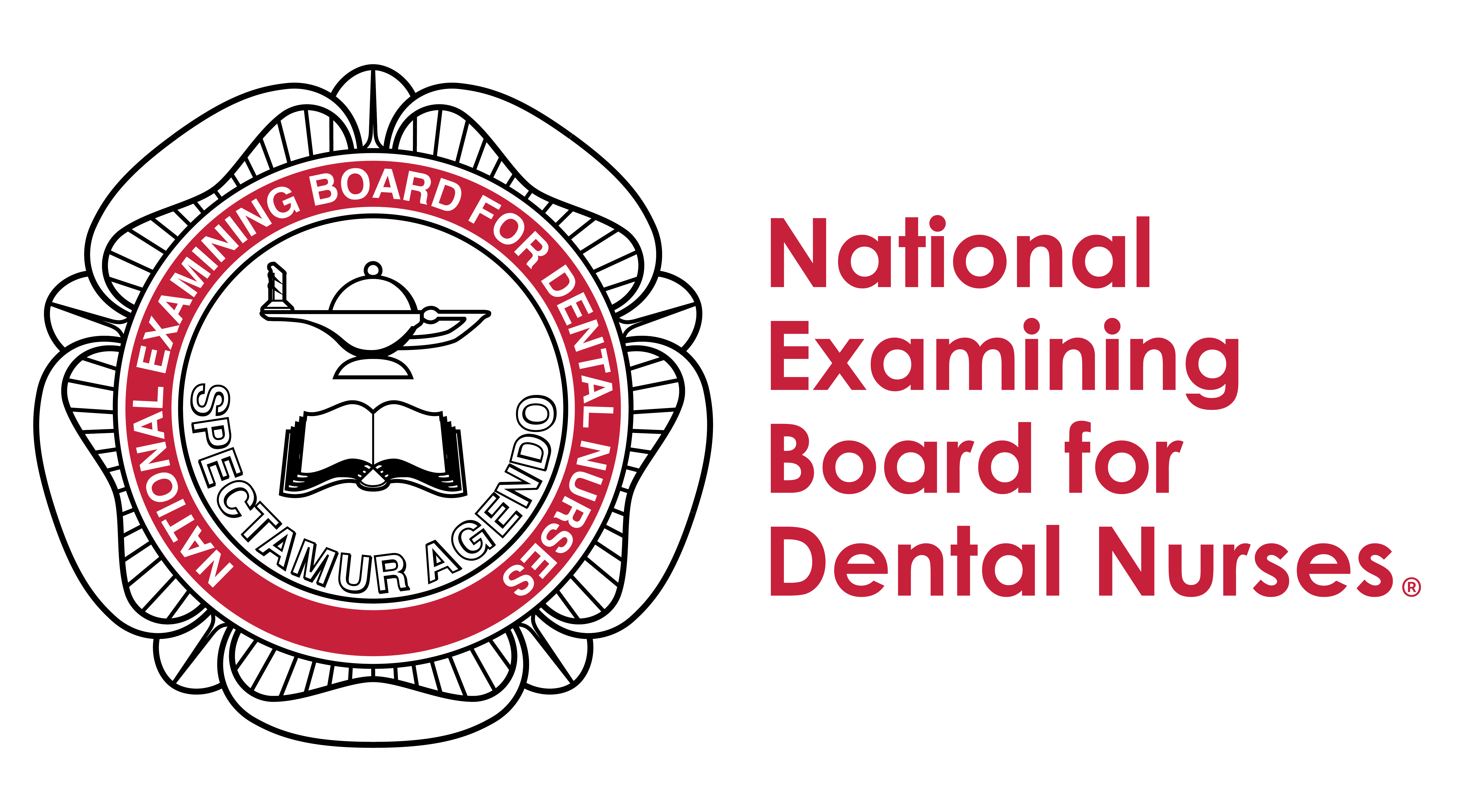
NEBDN partners with Lancaster University student on project to develop innovative digital dental exam assessment solution
*The following press release was provided by Stuart Greer of Antao Greer Communications
A Lancaster University mechanical engineering student has developed an innovative digital solution for dental nurse practical exam assessments.
The National Examining Board for Dental Nurses (NEBDN), based in Preston, partnered with third year undergraduate Sophie Little on an R&D project to explore how technology could be applied to improve how practical skills are evaluated.
The six-month internship, supported by the Centre for Digital Innovation (CDI), developed a novel 3D-printed model of a human jaw and teeth with embedded pressure sensors to achieve real-time feedback.
NEBDN is now exploring intellectual property protection to develop the prototype further in partnership with Lancaster University.
Rebecca Robinson, Programme Lead for the Centre for Digital Innovation (CDI), part of Cyber Works at Lancaster University, said: “This is a fantastic example of how Lancaster University can support an organisation to explore the art of the possible, to co-develop innovative ideas which can further academic knowledge and accelerate practical application into industry.
“Our mission is to empower businesses to embrace digital and cyber innovation, driving tangible improvements in products, processes, and services through innovative business strategies.”
The Inspiration
NEBDN is a leading provider of qualifications for dental nurses in the UK overseeing over 3,000 examinations entries every year.
As technology advances, examinations and assessments are increasingly transitioning to a digital format, enabling students to take tests remotely on laptops or tablets, rather than using traditional pen-and-paper methods in specific locations.
NEBDN has been engaged with its regulatory body, The General Dental Council (GDC), on how technology can be adopted to improve efficiency and accessibility.
Kate Kerslake, CEO of NEBDN, said: “From the business perspective, our priority is around how we can apply existing and emerging technologies to our assessments. We see partnership with academia as key to supporting those R&D ambitions.”
The Innovation
NEBDN embarked on its first collaboration with Lancaster University in 2024 through the Lancaster Cyber Foundry, the ERDF-funded business support programme which works with SMEs to help with digital innovation and encourage secure by design practices.
The five-month Cyber Strategy Programme helped NEBDN develop a professional culture of cyber excellence and led to the organisation creating a new role. NEBDN also performed a sprint project exploring how the current in-person assessment could be translated to an online environment. The idea centred on using virtual reality headsets to enable students to demonstrate their skills in a virtual dental setting.
The research also unearthed ideas about how technology could be used with interactive assessment tools.
As a result, NEBDN was invited to access further support via the Centre for Digital Innovation (CDI), the Innovate UK-funded Innovation Accelerator programme involving a collective of universities, further education and industry partners making digital technology expertise and facilities available to businesses in the North West.
Through a six-month internship NEBDN and its network of clinical experts worked with Sophie and Lancaster University’s School of Engineering to explore and research methods of reproducing a life-sized replica which mimics a human jaw.
The innovative project developed a 3D-printed denture with embedded sensors to simulate a practical treatment process in real time. The strain gauge sensors measure the level, location and the direction of pressure on the molar and incisor teeth, sending signals via a microprocessor to a laptop.
Sophie said: “It works similarly to a joystick in an arcade game, with sensors inside picking up the pressure and direction.”
The Impact
The prototype has given NEBDN a series of recommendations on where the technology could go next including steps to securing the Intellectual property (IP) of the innovation.
Kate said: “Vocational qualifications for dentistry demand a practical element to ensure practitioners are capable of performing tasks safely and effectively. This project was about exploring the art of the possible. Sophie’s work has certainly demonstrated huge potential which the NEBDN board are extremely excited about.
“This project has proved the value of partnerships with academic institutions like Lancaster University to develop an innovative idea into a practical solution.”
For Sophie, the project has also become the basis for her dissertation and inspired her to pursue a career in engineering design.
She said: “I’m very proud of what we’ve achieved. It has been an excellent opportunity to apply what I’ve learnt during my degree into R&D for an industry project. To be able to create something novel and innovative and embed it into my degree is brilliant.”
“It was my dad who encouraged me to pursue engineering at university, while I was slightly uncertain. It turns out he was right. This project has skyrocketed my confidence in my electronics and engineering capability. I can now see myself doing work like this in my future career.”
Dr Robinson, who has a background in medical technology, is now exploring options for further supporting NEBDN including PhD and Knowledge Transfer Partnerships.
She said: “Having enriched NEBDN’s original idea of virtual reality and supported the development of a novel prototype, we’re really hoping that we can continue our partnership and take this project even further.”

